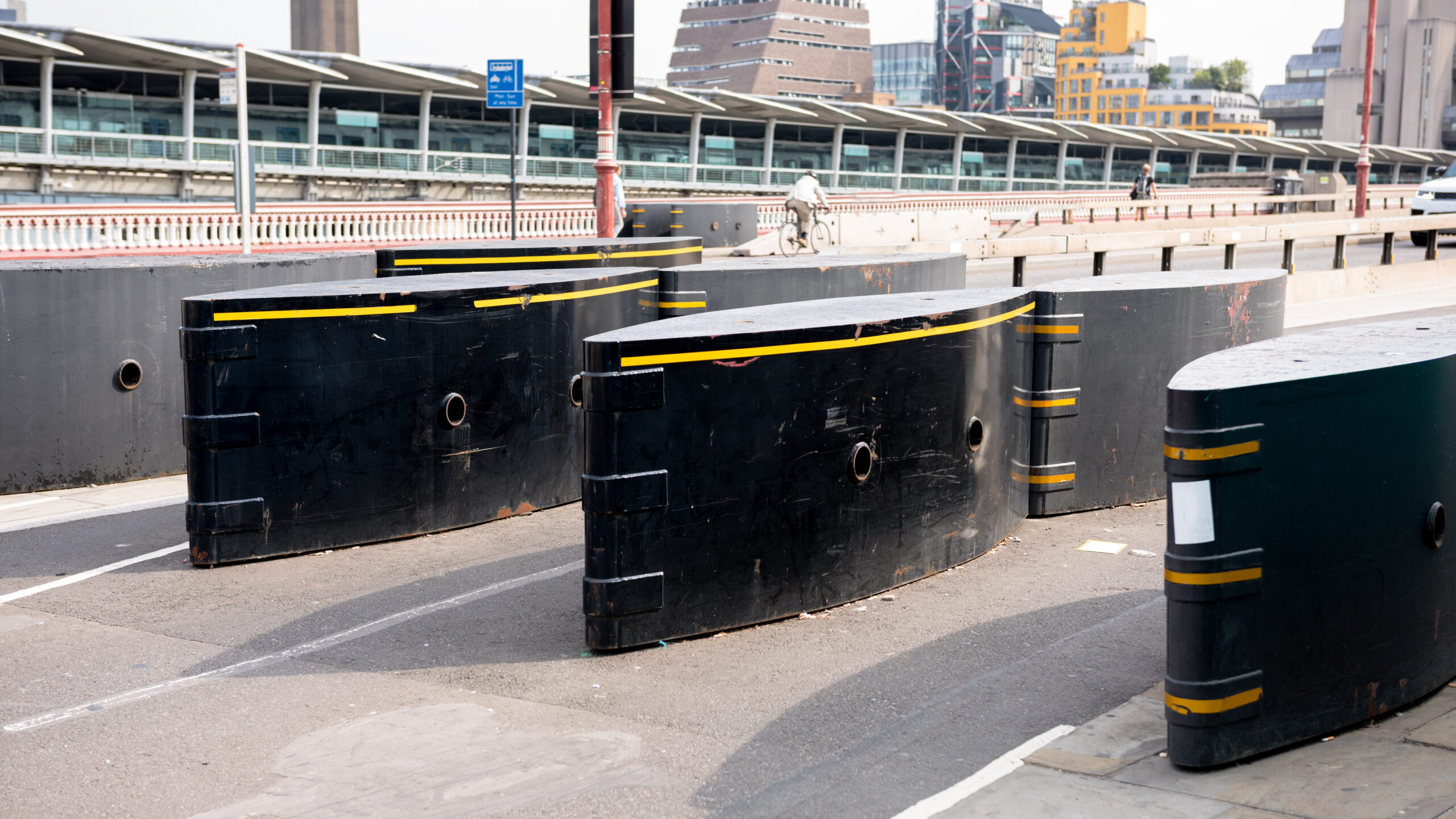Terrorism

In the UK and around the world the threat of terrorism endures and evolves. The current UK threat level is SUBSTANTIAL. This means that a terrorist attack in the UK is likely.
Although the chance of being caught up in a terrorist incident remains low, it is important to be prepared and know how to protect yourself if you need to. This is true when you are in the UK but also if you are planning to travel overseas.
Actions you can take to prepare
- Check the Counter Terrorism Policing website for public safety advice.
- Have a look at the ProtectUK website which provides vital counter terrorism security information for the public, businesses and organisations. This includes specific guidance, and toolkits to help reduce the risk from terrorism to you or your business and your community.
- Before travelling overseas, check the country-specific travel advice from the Foreign, Commonwealth and Development Office and sign up for email alerts. There can be specific terrorism threats in other parts of the world and it is important to be informed.
What to do if you have seen or heard suspicious activity
If you see anything that you are suspicious of, report it in the appropriate way – your information could save lives. If something doesn’t feel right, ACT.
- In an emergency you can report any activity you deem to be suspicious to your local police force using 999.
- There is also a dedicated police Anti-Terrorism Hotline on 0800 789 321. Your call will be handled by specially trained officers who will treat it in confidence.
- You can report possible terrorist activity in the UK, or activity that might affect the UK, to Counter Terrorism Policing. The Met hosts this online reporting service on behalf of all UK police forces.
- If your information does not relate to an imminent threat, you can contact the Security Service (MI5) directly. You can remain anonymous.
- Read guidance on what to do if you are worried about someone being radicalised and ACT Early.
What to do if you are caught up in a terrorist attack
- RUN – to a place of safety. This is a far better option than to surrender or negotiate. If there’s nowhere to go, then…
- HIDE – It’s better to hide than to confront. Remember to turn your phone to silent and turn off vibrate. Barricade yourself in if you can. When it is safe to do so…
- TELL – the police by calling 999.
Further information and resources
Support is available to anyone impacted by a terror attack in the UK or British Nationals returning from an attack abroad.
The Home Office funds three organisations to help victims and survivors cope with, and recover from, the impact of a terrorist attack:
Victim Support provides immediate emotional and practical support to victims and survivors of terrorism. Victim Support conduct terror incident needs assessments for each victim and survivor, and can refer you to the below services or other services, if appropriate. If you or someone you know would like to receive this support, call Victim Support’s free 24/7 support line on 0808 168 9111 or use the live chat function.
South London and Maudsley NHS Foundation Trust provides clinical mental health screening and assessments, with onward referral to local or specialised services for psychological treatment.
The Peace Collective facilitates a long-term peer support network and provide one-on-one casework support.
The Home Office has also published information for victims of terrorism online which includes details of official helplines and support services available to victims, survivors, witnesses, family members, and all those affected.